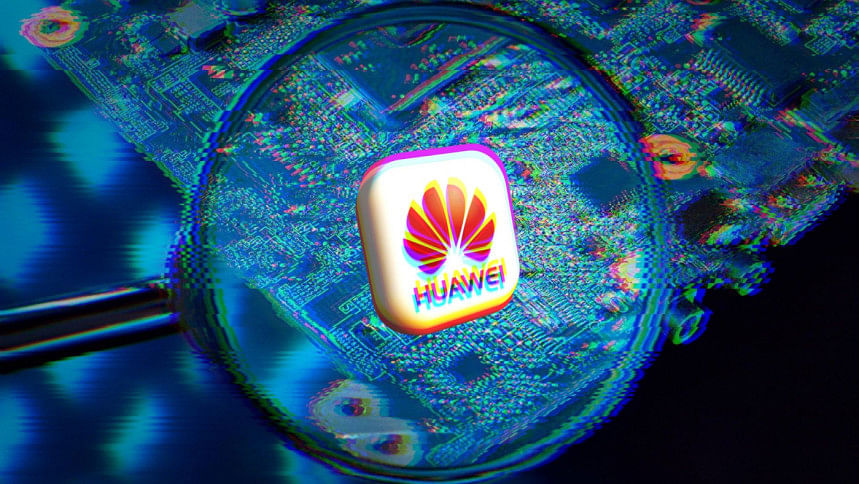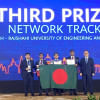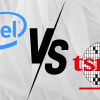Taiwan adds Huawei and SMIC to export control list alongside Taliban and al Qaeda

Taiwan has placed China's Huawei Technologies and Semiconductor Manufacturing International Corporation (SMIC) on its export control list, grouping them with proscribed entities such as the Taliban and al Qaeda, according to a recent report by Reuters.
The updated classification, confirmed by Taiwan's Ministry of Economic Affairs, requires Taiwanese companies to obtain government approval before exporting any products to the newly listed firms. The move, publicly disclosed through the ministry's trade administration website, is aimed at strengthening national security and preventing arms proliferation.
In a statement on June 15, the ministry said it had reviewed and expanded the list on 10 June, adding 601 entities from countries including China, Russia, Iran, Pakistan and Myanmar.
According to the report, the inclusion tightens already strict controls on Taiwanese firms supplying Chinese companies. Taiwan's semiconductor sector, particularly Taiwan Semiconductor Manufacturing Company (TSMC), plays a pivotal role in global chip production and is a major supplier to companies like Nvidia. TSMC's technology, which often involves U.S. intellectual property, is subject to international export control regimes.
Huawei, long a focal point of global geopolitical tensions, remains on the U.S. Commerce Department's entity list, which blocks access to most U.S. technologies and foreign-made products involving U.S. components, as per the report.
Last October, TechInsights, a Canadian research firm, identified a TSMC-manufactured chip inside Huawei's 910B AI processor. As a result, TSMC halted shipments to the China-based chip designer Sophgo, whose hardware appeared identical to the chip found in Huawei's processor. Last November, the U.S. Department of Commerce ordered TSMC to cease further deliveries to specific Chinese customers over national security concerns, according to the report.
Taiwan's government has also raised alarms over alleged attempts by Chinese firms, including SMIC, to poach semiconductor talent and illicitly acquire proprietary technologies. SMIC, China's largest chipmaker, has accelerated its investments in recent years to boost the country's domestic chip production capabilities amid growing restrictions from the United States.

 For all latest news, follow The Daily Star's Google News channel.
For all latest news, follow The Daily Star's Google News channel. 








Comments